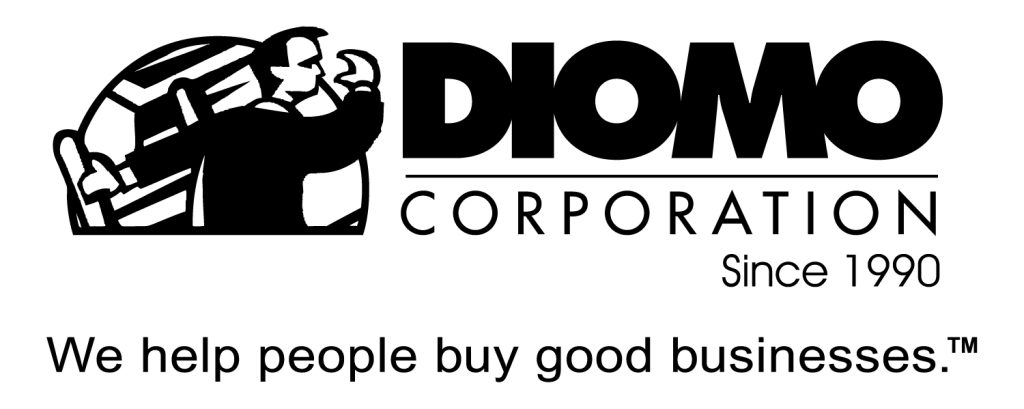Question:
I think not enough information is talked about dealing with business leases. What are your thoughts on taking over a lease versus getting a new lease? What is a triple net lease? If your company goes under, how do you get out of your lease? What is the proper amount for a security deposit? Thanks.
Answer:
I agree with you that there seems to be a bit of a void of good information regarding leases when buying a business. You raise a number of interesting questions so let’s look at each one:
Taking Over a Lease Versus Signing a New One
On this topic, I am neutral.
The key with any lease when buying a business is to have one in place that reflects what you, the buyer, need for the specific business.
For example, if you are buying a retail store that relies heavily on the location to drive customers, and is not a destination location, then clearly you will want the longest lease possible in place to ensure your future success. However, what if for example the business is located in a plaza where an anchor tenant drives the traffic? In this case, you’d want the ability to either renegotiate or break the lease should that key tenant leave. Sticking with the retail example, if the current lease has less than five years you would surely want to either have an option added or a new lease negotiated with the landlord.
On the other end of the spectrum,
if the business does not rely on its location to drive revenue, and you are confident that you can easily find other space (and it will be cost effective to do so) then, outside of the nuisance of moving, as long as there’s a year or so remaining on the lease an assignment is fine
.
Triple Net Lease
A triple net lease is exclusive of insurance, taxes and maintenance.
A base rate is applied and then the annual costs for these three components (or an estimate thereof) is added to the base and reconciled annually in most cases. In a NNN lease, the landlord will provide you with an estimate of these costs so you are not going into this blindly.
Conversely, a gross lease will include all these components in your monthly rent at a fixed rate (there can still be a year-end adjustment for common areas or extraordinary items).
If Company Goes Under – What Happens?
This depends entirely upon the terms of the lease and whether or not you have signed for it personally and personally guaranteed the lease. It is not uncommon for this to be a condition for a small business lease, and some landlords may even implement this as a condition to an assignment. We are seeing more of this in more volatile businesses such as restaurants.
If you are required to provide a personal guarantee, you should negotiate a condition that releases you after a certain period of on-time rental payments.
For example, after you own the business for 12 months or so, as long as all of your monthly rent payments were made on time the guarantee is eliminated.
On this note, I urge any new business owner to make it a habit to always pay their rent on time and not even a day late. In fact, get it to the landlord a day or two early. You will always stick out as being a good tenant with the landlord and rest assured they know how each tenant pays.
By establishing a reputation of being on time, all the time, if for any reason the business runs into any difficulty in the future the landlord will be far more inclined to work with you because of the credibility that you have established.
Although not part of your question, the same philosophy should be established with all of your suppliers – garner a reputation as someone who pays on time without any problem. It will pay huge dividends in the future if you need some relief.
Proper Amount for Security Deposit
There are no hard rules and each lease is different; however, you can count on it being the equivalent of anywhere from one to three months of rent.

